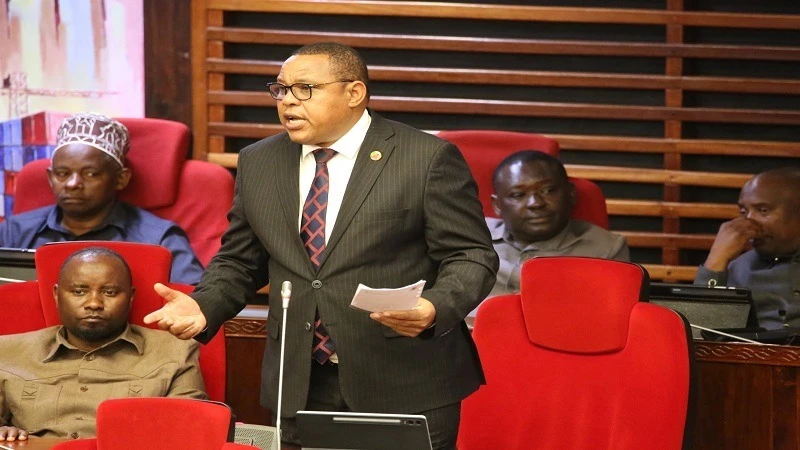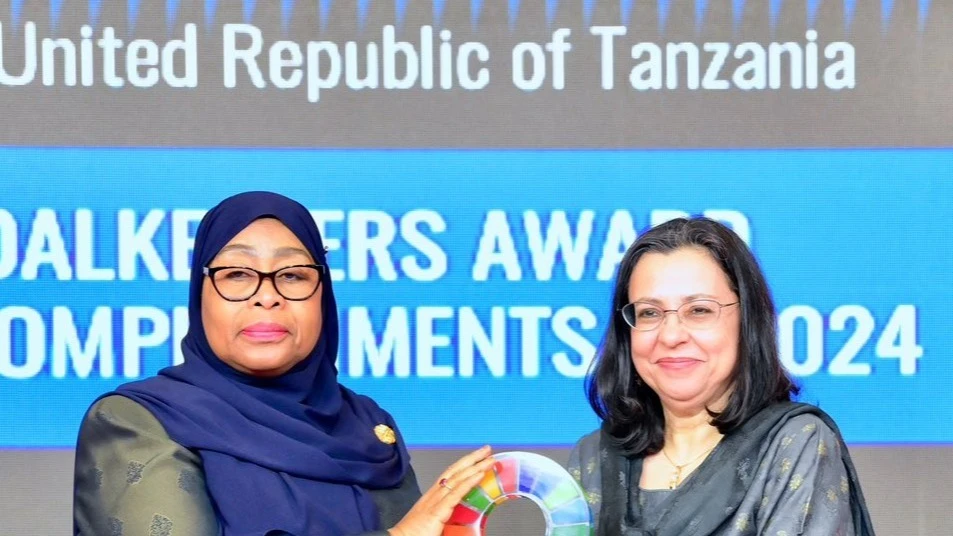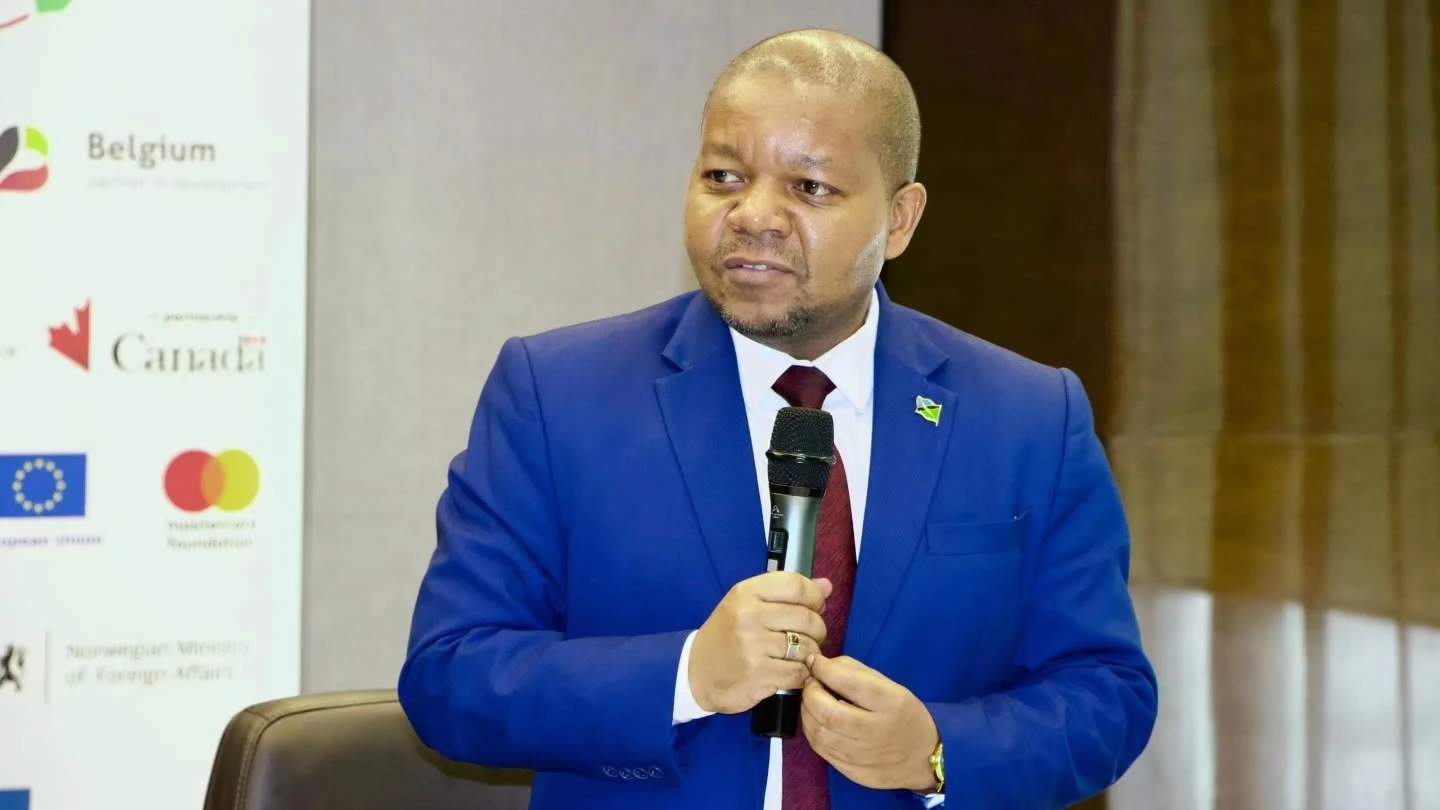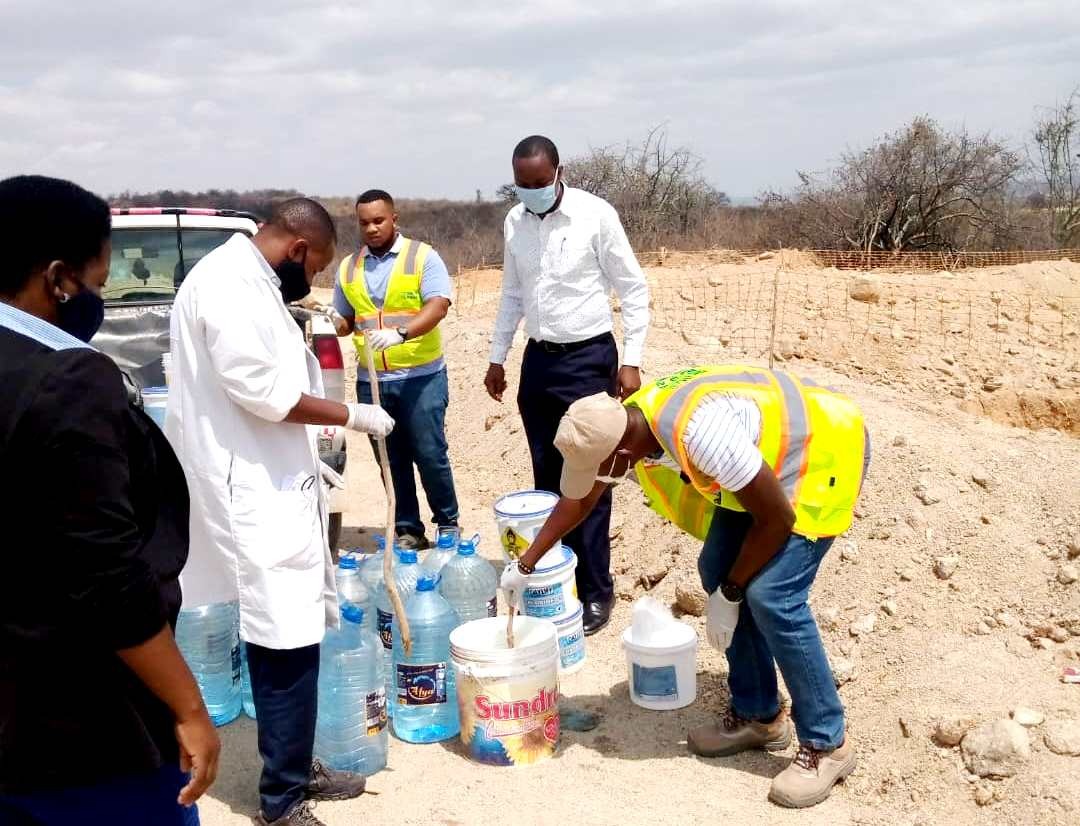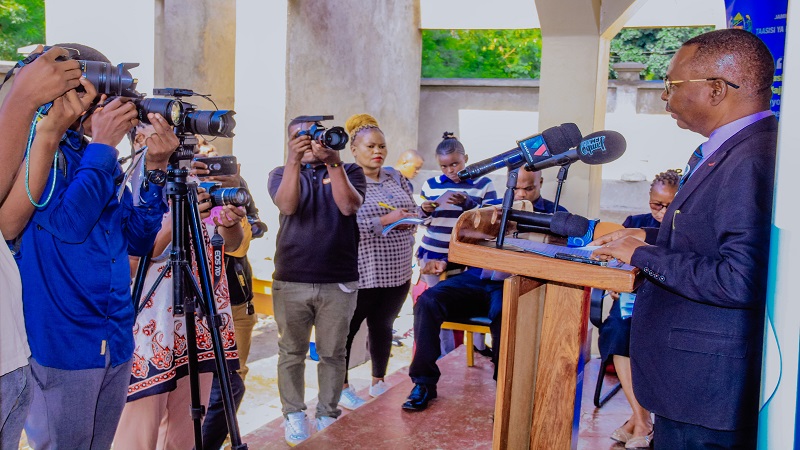Governments urged to adopt agroecology for food security

GOVERNMENTS have been advised to develop and implement policies that actively support agro-ecological, agroforestry approaches and practices for local communities and pastoralists to ensure food security and the right to food.
The piece of advice was given by Civil Society Organizations (CSOs) in Riyadh, Saudi Arabia over the weekend at the open dialogue session on civil society contributions on inclusive and sustainable agri-food systems during the Conference of the Parties (COP16) to the United Nations Convention to Combat Desertification (UNCCD).
They also urge government to limit water-intensive business practices and end all public support for land-degrading agriculture, support locally led actions, initiatives and knowledge exchange about sustainable agrifood systems as well as supporting implementation of landmark COP14 Decision 26 on land tenure for ensuring land rights for inclusive agri-food systems.
In his keynote address, Siddhesh Sakore, a farmer and Founder of Indian based AGRO RANGERS organization said in rural India, an estimated 900 million people depend on agriculture for their livelihoods, but climate change has accelerated soil erosion, leading to widespread soil degradation whereas farmers find themselves in debt and reduced incomes. Sakore underscored the need for governments to support farmers to shift from chemical farming to sustainable organic farming through regenerative agroforestry models.
“Growing up in a marginalized farming family, I witnessed firsthand the economic hardships that farmers and their families endure. I have dedicated the past five years working in regenerative organic agriculture. We work to change the mindset of farmers from chemical farming to regenerative organic farming by educating them and creating awareness,” said Sakore.
Chairperson of the Journalists Environmental Assiciation of Tanzania ( JET), Dr Ellen Otaru underscored the need for collaborative efforts especially from the private sector to support and invest in human and financial resources in land restoration for the benefit of communities. Dr Otaru was of the view that governments should develop agroecology policies for food security as it offers a holistic approach to agriculture that addresses critical challenges such as sustainable food production, and environmental conservation.
“By minimizing the use of chemical fertilizers and pesticides, agroecology reduces environmental pollution and health risks, while supporting the natural ecosystems that sustain agriculture,” she said, adding that by adopting agroecology policies, governments can ensure a sustainable, equitable and resilient food system capable of addressing present and future challenges.
Glenda Mangia from Fundación Cauce in Argentina highlighted the need for governments to introduce environment and care learning sessions to children as young as five years. According to Mangia, introduce children to farming activities helps them feel the soil and learn about soils from early age of between four and five years, thus encouraging them to plant and care of the environment.
Sharing practical experience of the sustainable agriculture project—‘Kilimo Endelevu’, Erimelinda Temba from Islands of Peace in Arusha, Tanzania said it is high time that people starts consuming safe and healthy food which are grown agroecologically.
“Knowing the importance of agroecology; We have been building the capacity of framers and schools to be able to adopt sustainable farming practices that adheres to the principles of agroecolog. We focus on transforming food systems by adopting principles of agroecology as well as supporting farmers from production, post production and at consumer level,” said Temba.
Explaining, she added that some sustainable farming practices that farmers are encouraged to adopt include diversification whereas they should adopt crops, livestock and trees all together to ensure they diversify their farming practices. Temba was optimistic that the launch of the National Ecological Organic Agriculture Strategy (NEOAS) for 2023-2030 in March this year will mark a pivotal moment in the nation’s agricultural evolution.
NEOAS is a comprehensive framework designed to accelerate sustainable, ecological organic farming practices. It lays the groundwork for governmental and private sector collaboration, fostering new partnerships in line with Tanzania’s agricultural transformation aspirations.
She said they also do advocacy at national level whereas the seed working group has been formed to advocate for agroecology farmer managed seed systems. She said in post-harvest management farmers are capacitated to ensure proper handling and storage of crops by using technologies that adheres to the principles of agroecology.
“The challenge we have is that agroecology does not yet have deep roots in our country, thus making more of our activities focusing on capacity building and investment. Consumer sensitization is also done to ensure people are aware of the products and how they can access them,” said Temba, adding they have been doing a number of campaigns and cooking demonstrations for the community to know and understand the whole chain that supports agroecological production.
Eralier, UNCCD Executive Secretary, Ibrahim Thiaw underscored the need for governments to conduct extensive research to develop intercroppingbased agroforestry models that enhance soil health, improve farmers' livelihoods, and mitigate the impacts of climate change.
Thiaw said the session was a unique opportunity for civil society organizations to have a constructive dialogue whereas in the last 27 years, such dialogue have consistently provided a unique mechanism for intergrating the participation of CSOs in the conferences. “We are grateful to the government of the Kingdom of Saudi for ensuring participation of non-state actors in the conference of parties whereas this year we have over 4,000 CSOs taking part in this session of the COP,” he said
Top Headlines
© 2025 IPPMEDIA.COM. ALL RIGHTS RESERVED












